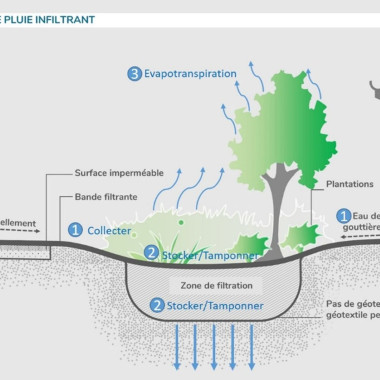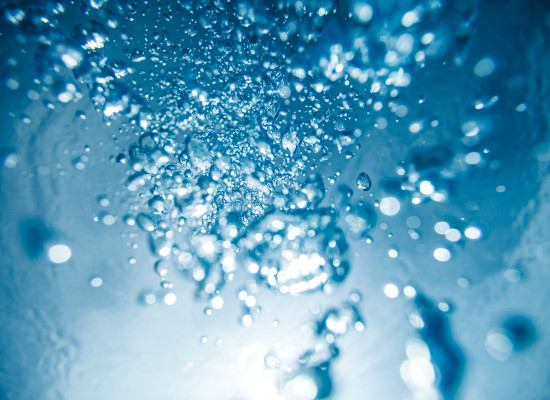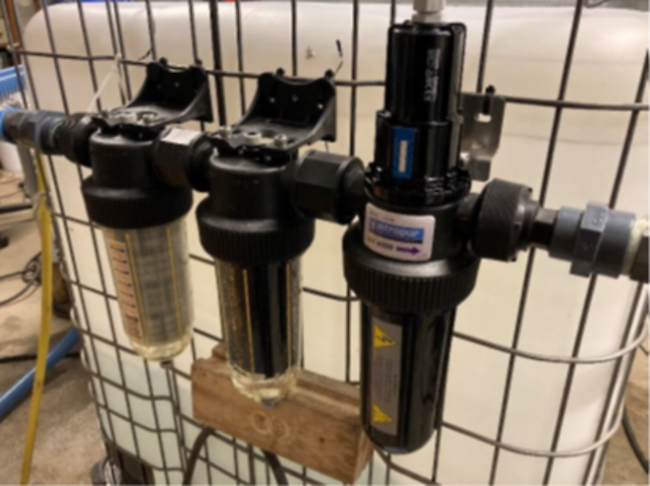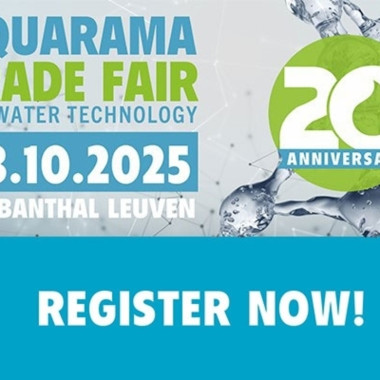Water Smart Cities Project
Article

Case study

Ultraviolet water treatment systems are increasingly used in Europe for the production of drinking water. Direct measurement of the performance of UV disinfection systems is not trivial, as the UV dose received by the water to be treated depends on many factors such as lamp power, reactor geometry or the composition of the water to be treated.
Our partner in this project, Airwatec, is an industrial engineering company specialising in air and water filtration and purification. Among other things, the company manufactures and markets UV filters for domestic and industrial use.
In order to guarantee the quality of its products and to study the effects of the adjustments made to its UV reactors, CEBEDEAU has developed a device for the latter allowing to carry out performance tests using biodosimetry. These tests consist of measuring the quantity of pathogens inactivated during their passage through the reactor to be tested. A reference curve expressing the germicidal effect as a function of the UV dose received allows to determine the effective dose delivered by the system and therefore the performance of the tested reactor.
This performance is expressed as the maximum flow rate allowed to achieve a sufficient UV dose (fluence) for the water to be considered as potable (a dose of 400 J/m² is generally required for certification as potable).
The biodosimetry test developed is used to objectify and guarantee the effectiveness of the equipment, whatever the field of application (disinfection, potabilisation, agriculture, etc.). Airwatec now has reliable method and equipment for determining the disinfection performance of its devices (prototypes and commercial products) and regularly uses the services of CEBEDEAU.

Article

Article

Event
